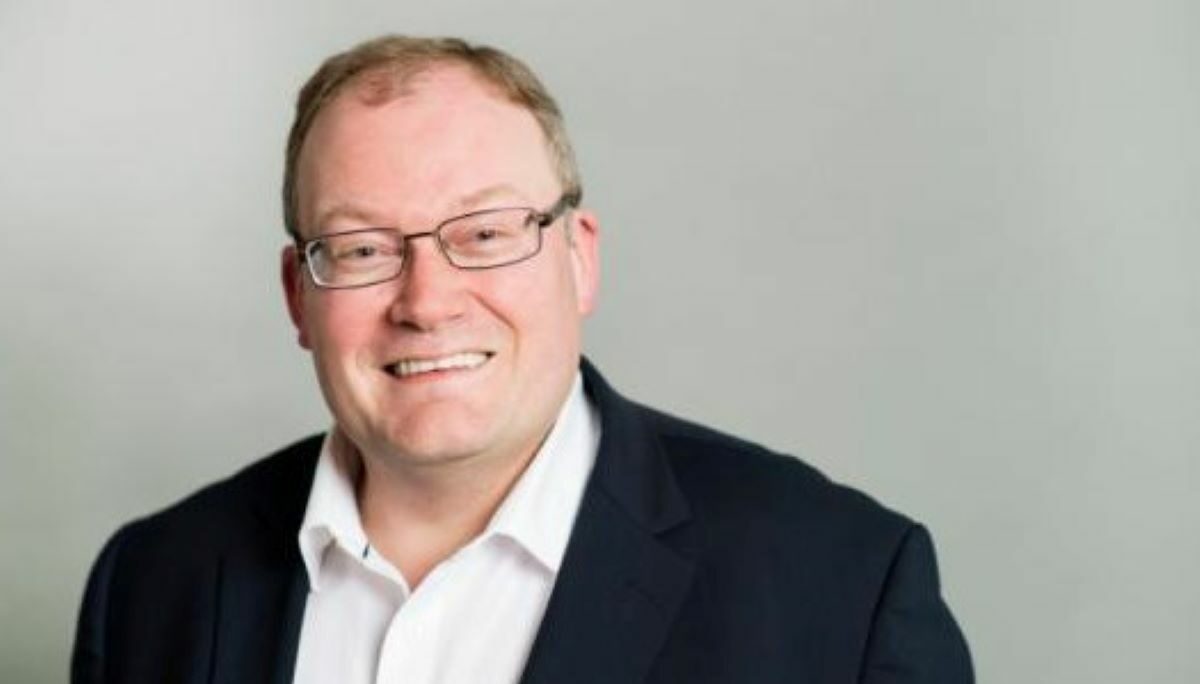
Photo: Phillipa Gedge
Henley: ACE ‘pushing government for extra funding’
Arts Council England Chief Executive outlines efforts to support arts and culture sector in face of continuing economic pressure.
Arts Council England (ACE) will continue to push for more financial support from government to help the arts and culture sector on the back of an extension of tax reliefs announced in the Spring Budget, the organisation's Chief Executive has pledged.
Speaking at The Stage's Future of Theatre conference yesterday (29 March), Henley said he is "acutely aware" of "nervousness and fatigue" among organisations that ACE supports.
He said that despite government support for the sector to deal with the impact of the pandemic, and the recent government decision to extend the theatre, orchestra, and museum-and-galleries tax relief for a further two years, times remain challenging.
READ MORE:
- NPO decisions: Enlarged portfolio shifts funding away from London
- Henley defends ACE funding decisions
"For our part, we will continue to advocate for increased investment in publicly funded theatre and performance arts with the government," Henley said.
"I know the pressure on funding is a huge concern to our sector. I will always be greedy for more investment in culture.
"I will never hesitate to make the case because I know how much good work could be funded and the positive impact it has on people’s lives."
Henley told delegates at the conference that conversations between ACE and the sector have highlighted a series of concerns.
He cited the precarious postition of freelancers, a skills drain that has led to shortages of staff, audience levels not returning to desired levels, and concerns about the future of touring as examples of issues facing the sector.
"You’re worried about the impact of the cost of living on just what you can achieve," he said.
"You tell us you are worried about pressures on public funding from us and from local authorities, and that you are tired and weighed down by all these worries."
He said that while the continuation of the tax relief will help, it is understandable that many organisations are feeling more cautious and looking at consolidating what they do.
"What I would say to you is that we’re listening, we hear you and we’ll work with you to deal with those challenges," he added.
Lowered expectations
Henley said one thing ACE is doing is actively "taking the pressure off" organisations in its new National Portfolio, which begins on 1 April.
"We know things have changed since we launched the application process, and that the investment we provide won’t necessarily go as far as you’d hoped," he said.
Henley has previously said that the conditions attached to funding agreements would be reviewed in light of the cost-of-living crisis, and used his speech to reemphasise that point.
"We want to reassure NPOs that your focus should be on doing as much as you can in the circumstances – and on doing it really well," he said.
"We accept this may mean less risk-taking in the short term. Our funding agreements for the new portfolio recognise the limitations of organisations in these pressured times."
Other support from ACE will include developing opportunities to explore new ways of working and showcasing new artistic talent, giving the example of a £3m investment in 2019 for two pilot Producing Hubs in Bradford and in Derby.
ACE is also looking at what more it can do to support organisations and individuals through "practical and useful" development tools, and by adapting its funding programmes.
Capital investment
Meanwhile, a new round of ACE's Capital Investment Programme will be launched with a budget of £20m for 2023/24 providing grants of up to £750,000. It will help successful applicants operate safely in the wake of the pandemic, improve access, deliver technical innovation and work in more environmentally responsible ways.
"The future of theatre and the performing arts lies in a willingness to embrace the new, the bold and the innovative. That is your superpower," Henley said.
"It will enable you to do more than survive – to move forward and flourish – and surely grow, even when the future seems uncertain.
"I believe the investments we’ve made and the decisions we’ve taken will help theatre, the performing arts and the wider creative and cultural sector to do just that."
Join the Discussion
You must be logged in to post a comment.